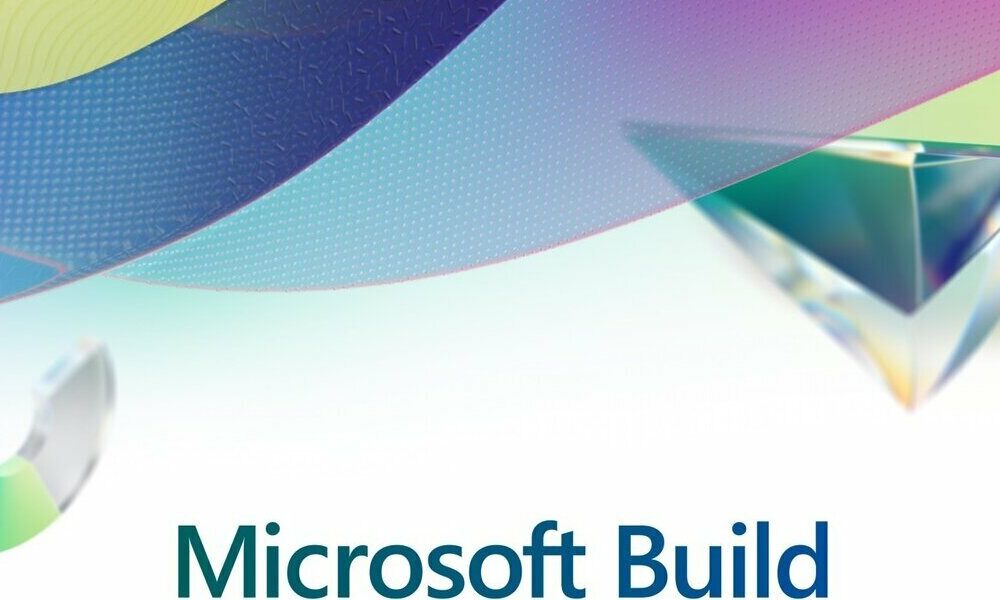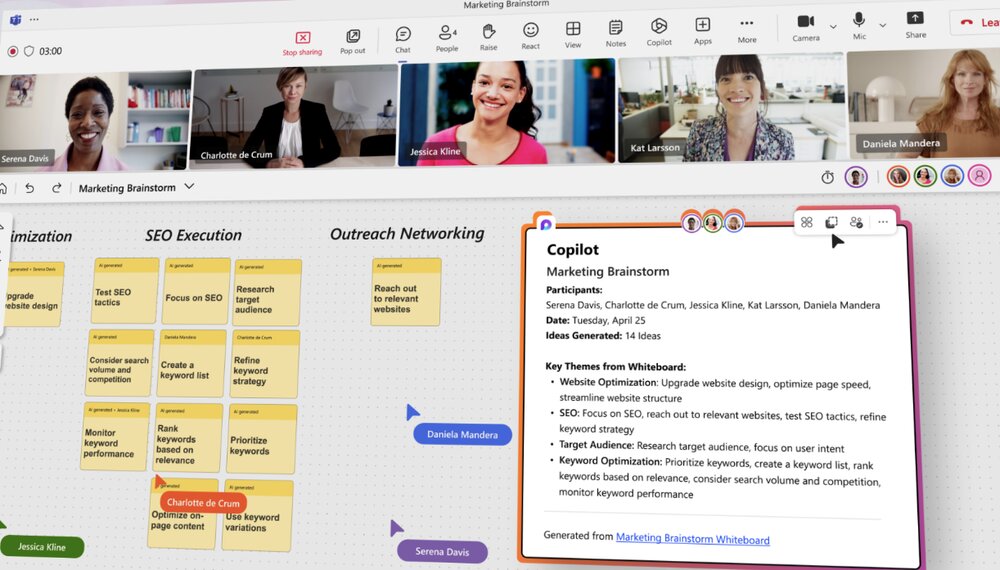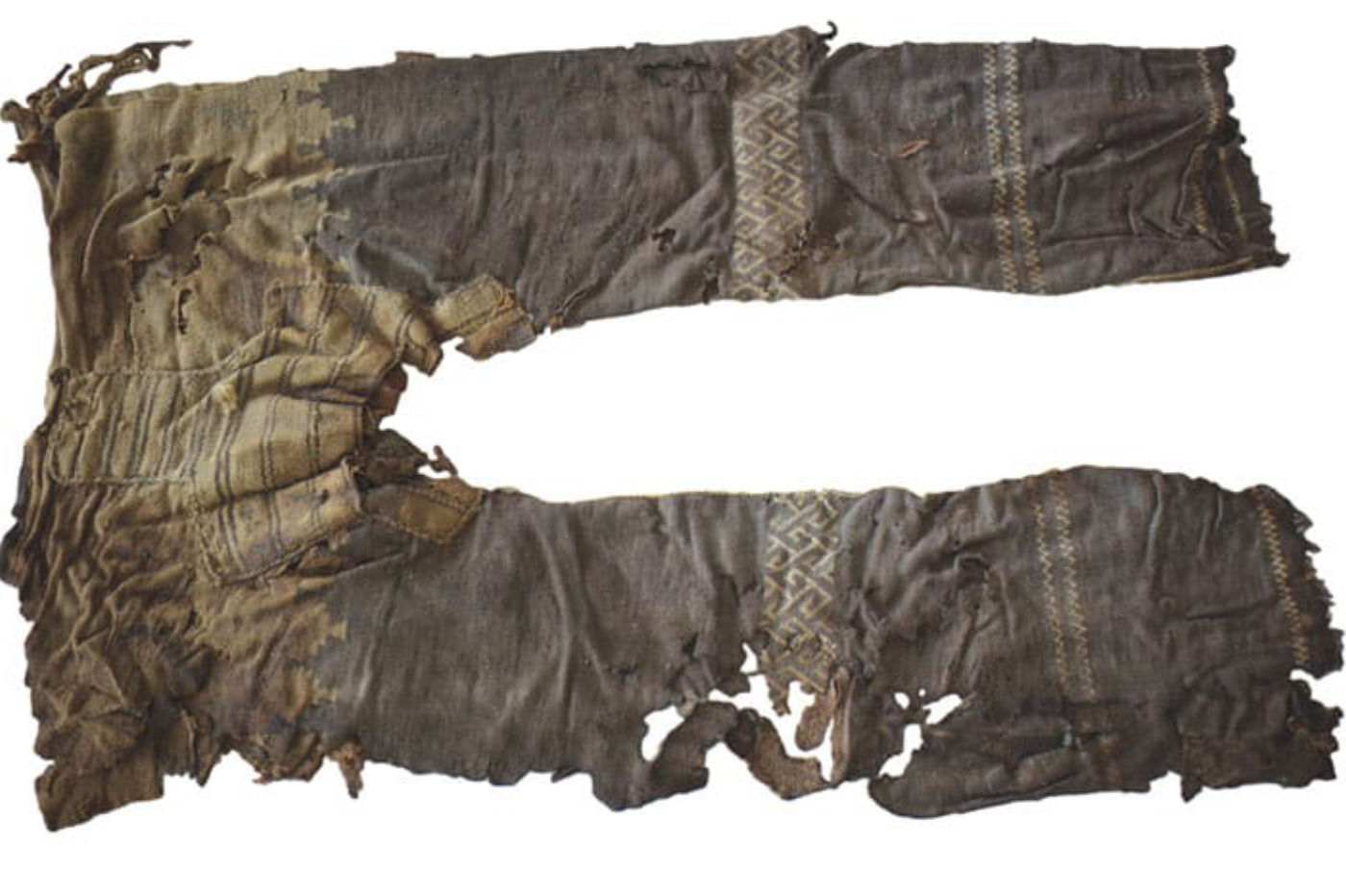
Microsoft has brought his Build 2023 developer conference dozens of novelties with a common and outstanding point: the Artificial intelligence. This edition of Microsoft’s annual development event revolves around it, and how it is changing the way developers work and create.
Thus, at Build 2023, Microsoft will show how, for them, AI is reshaping the future of work. Also how it can be used to help developers in their work. To do this, those from Redmond have focused their innovations in two areas: those known as copilots, and plugins.
Microsoft Build 2023: more AI plugins are coming
One of the novelties shared by those from Redmond at the event is the adoption of the same open plugin standard used by OpenAI for ChatGPT. This enables interoperability between ChatGPT and Microsoft copilots. This also gives the opportunity to develop plugins that work on consumer and enterprise platforms. Among them, the aforementioned ChatGPT, Bing, Dynamics 365 Copilot and Microsoft 365 Copilot.
In case developers want to create, or use, their own plugins with their Artificial Intelligence application developed on Azure OpenAI, it will be, by default, interoperable with this plugin standard.
On the other hand, Microsoft is expanding Bing’s compatibility with plugins. In addition to the ones that it has already announced for OpenTable and Wolfram Alpha, it will also have them for Instacart, Kayak, Klarna, Redfin and Zillos, among others. Also, Bing will be the default search experience in ChatGPT. This will incorporate a search engine to offer more up-to-date answers, which can be accessed from the web.
These answers will now be based on search data, and also from the web. They will include appointments, so that users can expand information, and without having to leave the chat. These news are already available to ChatGPT Plus subscribers, and in a while they will also reach other users. To do this, you only need to activate a plugin.
Microsoft 365 Copilot scalable with plugins, and new AI tools for Azure
Plugins for Microsoft 365 Copilot include several for ChatGPT and Bing, as well as Teams messaging extensions and Power Platform connectors. Additionally, professionals will be able to create new plugins for Microsoft 365 Copilot with the Microsoft Teams Toolkit for Visual Studio Code and Visual Studio. They will also be able to extend Microsoft 365 Copilot, by moving their data into the Microsoft Graph, putting relevant and actionable information into context with the Semantic Index for Copilot.
As part of the Early Access program, there are over 50 plugins from Microsoft partner companies that will be available. Among them, those of Atlassian, Adobe, ServiceNow, Thomson Reuters, Moveworks or Mural. Their number is expected to multiply when Microsoft 365 Copilot becomes widely available.
Apart from these new plugins, Microsoft has also announced several AI tools for Azure. The first is Azure AI Studio, whose mission is to simplify the integration of external data sources into Azure OpenAI Service and Azure Machine Learning. With it, developers will find it easier to create ads using Semantic Kernel, a package of models and natural language text analysis tools.
Another novelty in this area is a set of enhancements for Azure OpenAI Service, so you can combine advanced models like GPT-4 with the enterprise capabilities of Azure. Developers will now be able to deploy more advanced AI models, and use their own data. They will also have dedicated capabilities through the Provisioned Throughput SKU, and plugins that simplify the integration of external data sources when a customer uses Azure OpenAI.
Safe and Responsible AI
The company is also focused on the development of AI-related technology being done in a responsible and secure manner. For this reason, one of its novelties is Azure AI Content Safety, an Azure AI service created so that companies have facilities for the generation of safer online environments and communities. From Microsoft they have assured that Azure AI Content Safety will be integrated into all the company’s products.
Azure Machine Learning will now have new features such as support for a Responsible AI control panel for text and image data. At the moment it is in the testing phase, and its mission is to make it easier for users to evaluate large unstructured data models in the development, training and evaluation stages. This way you can identify errors, fairness issues and explanations before deploying them. Also develop more efficient computer vision and natural language process models.
prompts flowComing to test soon, it offers a streamlined experience for generating prompts, as well as for evolving and tuning large language models. It also integrates Azure AI Content Safety so users can detect and remove harmful content in their workflow.
Designer and Bing Image Creator will add new media provenance capabilities over the next few months. With them it will be possible to verify if an AI is responsible for the generation of an image or a video. To do this, these functions will use cryptography systems, with the aim of properly marking and signing AI-generated content, to which they will add metadata about its origin.
Microsoft Fabric
The platform Fabric is another of the novelties announced by Microsoft in Build 2023. It is designed for analytics and includes functions for engineering, integration, storage and data science, real-time analytics and business intelligence. In addition, it has applied observation capacity. Everything connected to a single repository: OneLake.
Fabric allows companies to experience all of these capabilities in a single tool. It is further merged with Azure OpenAI Service at each layer. Therefore, it serves as an aid to facilitate the exploitation of the potential of companies’ data, which leads developers to take advantage of generative AI to find intelligence in the data they handle.
Also, with Copilot on Microsoft Fabric in each data experience, conversational language can be used for the generation of data streams. Also to generate code and complete functions, and for the development of machine learning models or the visualization of results. Customers will also be able to use it to build their conversational language experiences that combine Azure OpenAI Service models and their data, and publish them as plugins.
Improvements for Microsoft Dev Box
This Microsoft service will be generally available starting in July. With Microsoft DevBox, developers have access to ready-to-code, project-specific development environments. And even before it reaches everyone who wants to use it, it’s going to get better with the addition of several new features.
These include the ability to customize elements and systems through configuration as code, as well as new developer launch images from the Azure Marketplace. They are ready to use, and can be customized based on the needs of the development team. Dev Box will also offer access to a specialized portal for developers and focused on the management of custom environments: Azure Deployment Environments.
Dev Home and Copilot for Windows 11
Although for now in trial version too, Home Dev is another of Microsoft’s releases in Build 2023 for developers. Accessible through the Microsoft Store, it is a solution that makes it easy to connect to GitHub and set up development environments in the cloud. It is equipped with a customizable panel, in which tools designed for developers appear. It is open source and fully extensible, which allows developers to extend its functions to improve their experience.
Also shortly, specifically in June, the Windows Copilot trial version. In this way, the Microsoft operating system will become the first PC platform to centralize the assistance of Artificial Intelligence. It is based on the integration for Windows 11 that Redmond launched last February. With this, the taskbar incorporated AI-powered Bing.
With Windows Copilot coupled with Bing Chat and a variety of Microsoft and third-party plugins, Windows users will have additional help developing and realizing their ideas, building complex projects, and collaborating. All in a more agile and fast way than through traditional methods that involve searching and executing tasks, as well as working with several applications at the same time.




